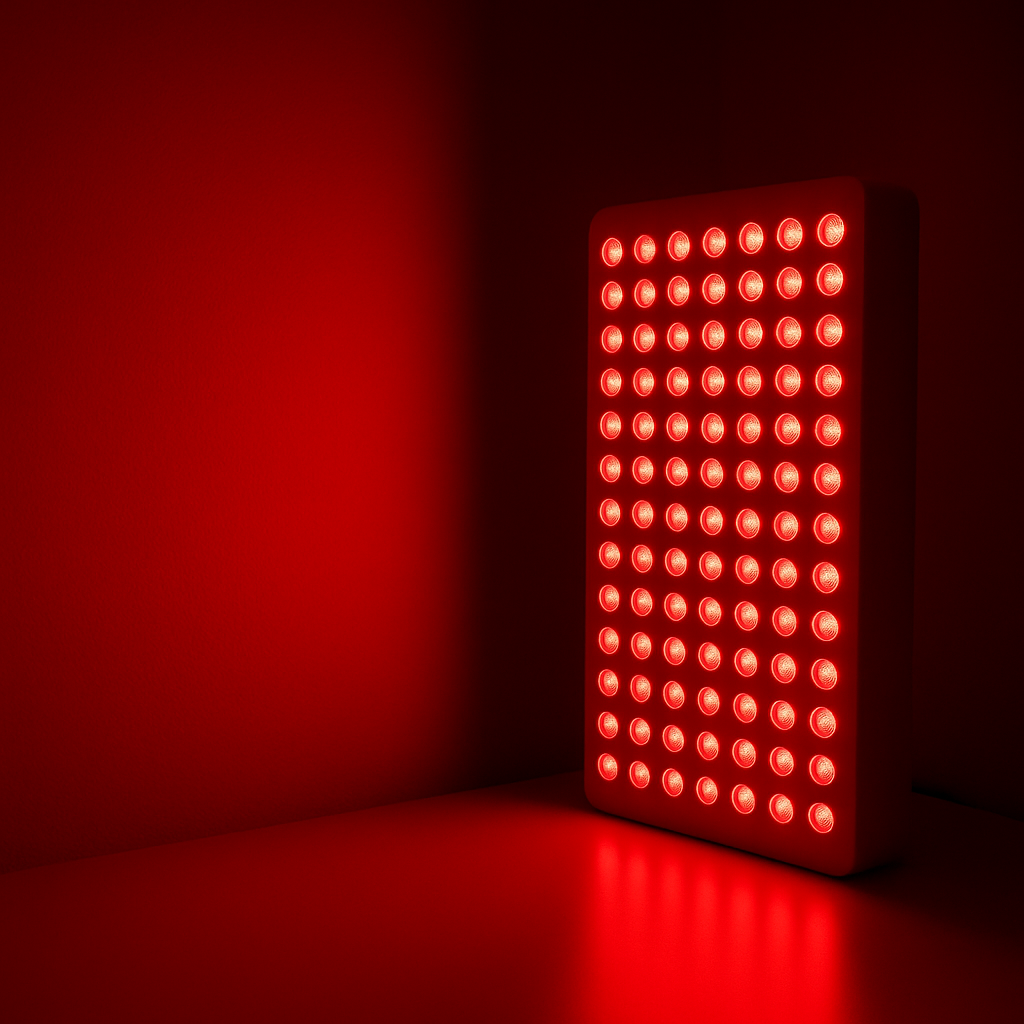The Moment Everything Fell Apart
I remember the exact moment my world shattered. My body was in full breakdown mode from tapering medication, my health had declined to almost nothing, I couldn’t work, I couldn’t maintain a social life, and then, as if the universe wanted to strip away the last thing holding me together, my boyfriend broke up with me.
I was left with nothing—or at least, that’s how it felt at the time. No relationship. No income. No home of my own. No ability to function. I found myself lying in bed, staring into what felt like the ruins of my life.
And those ruins were vivid in my mind: a city reduced to rubble, half-standing buildings, blocks of cement scattered everywhere, dust and destruction as far as I could see. My life wasn’t just “not going well”—it was destroyed.
And I knew exactly who to blame: myself.
I believed I had failed in every way possible:
- I failed at earning my own income, something I always thought I had to do to be worthy.
- I failed at living on my own, which made me feel like I wasn’t independent enough.
- I failed at being a “good Christian” because my marriage had ended.
- I failed at having a healthy, lasting relationship.
- I failed at staying strong through withdrawal, as if I somehow should have been able to control my body’s reaction to tapering.
But underneath all of that, there was one truth that hit me the hardest: I was so deeply dependent on the love of my boyfriend to feel okay.
I didn’t just love him—I needed his love to feel safe, whole, and worthy. And when he left, it was as if my entire sense of self collapsed. That was the moment I realized something profound:
If I didn’t learn how to love myself, I would never survive this life.
I had been giving love away so freely to others, trying to take away their pain, making sure they were okay. But now, I had no choice. For the first time, I had to turn that love inward. Because if I didn’t, I wouldn’t make it.
Where Does the Idea of Failure Come From?
Looking back now, I can see that my idea of failure wasn’t actually mine—it was built from everything I had absorbed throughout my life.
As humans, we are wired to think in terms of right and wrong, success and failure. This isn’t an accident—it’s part of how our brains evolved. We categorize things in black and white because, in the past, this was a survival mechanism. If you made the wrong choice—ate the wrong plant, trusted the wrong person—it could mean death.
But today, this same wiring gets applied to things that aren’t life or death. Instead, we internalize these rules from:
- Society & Culture – The messages about what success should look like: A stable career, financial independence, a loving relationship, health, and happiness.
- Religion & Morality – The belief that certain choices make us “good” or “bad” in the eyes of our faith.
- Family Expectations – The unspoken (or spoken) pressure to live a certain way, to achieve certain things, to make our parents proud.
- Personal Trauma & Past Experiences – The ways we learn, often in childhood, that love, approval, and safety can be conditional.
So when I found myself with no money, no partner, no home of my own, and a body that had betrayed me, my mind jumped to the only conclusion it knew:
I am an absolute failure in life. It seems like I cannot do anything right.
The Judgment That Made Everything Worse
In withdrawal, this voice of judgment can be especially vicious.
- “I should have been stronger.”
- “I should have never taken this medication.”
- “Why is this happening to me and not to others?”
- “If I had just done things differently, I wouldn’t be here.”
- "I should know how to do this by now... I am so bad at this."
But looking back, I now see something I couldn’t at the time:
I was never failing. I was only responding.
I was doing the best I could with what I knew at the time. My body, my brain, my emotions—they were all reacting to extreme stress, both from the medication withdrawal and the loss of my relationship. And because I didn’t yet understand how my nervous system worked, I thought my suffering was proof of my failure, when in reality, it was proof of my humanity.
What If These Weren’t Ruins, But a Reconstruction? And the start of an essential transformation for my life-journey?
For the longest time, I saw my life as a city in ruins. But what if I had been looking at it the wrong way?
What if the destruction wasn’t an ending, but a beginning?
What if my life wasn’t falling apart, but being stripped down to its foundation so something new could be built?
What if the things I lost—the relationships, the sense of identity, the old ways of living—needed to be removed so I could rebuild with something more aligned with who I truly was meant to be and had to become?
What if I wasn’t in ruins, but in construction?
The Shift
Lying in bed, in what felt like the lowest moment of my life, I made a decision.
As I was going to survive this, I had to learn to love myself. Not in a vague, self-help kind of way, but in a life-or-death kind of way.
I had spent my life giving love to others, making sure they were okay, taking on their pain. But now, for the first time, I had to turn that love toward myself.
It wasn’t easy. It didn’t happen overnight. But that decision—to stop seeing myself as broken and to start seeing myself as worthy of love, no matter what—changed everything.
According to Dr. Kristin Neff, self-compassion is one of the most powerful tools for emotional healing after loss or perceived failure.
What this means for you?
If you’re reading this and you feel like you’ve failed, I want to offer you this:
You have never failed. You have only ever responded to life with the tools and awareness you had at the time.
What if, instead of blaming yourself for where you are, you asked:
-
What if this is part of my reconstruction?
-
What if I am not being destroyed, but being rebuilt?
-
What if I could be kind to myself in this process?
Because the moment you shift your perspective from failure to healing, you take back your power.
You stop seeing yourself as broken and start seeing yourself as evolving.
And that shift? That’s where true healing begins.






